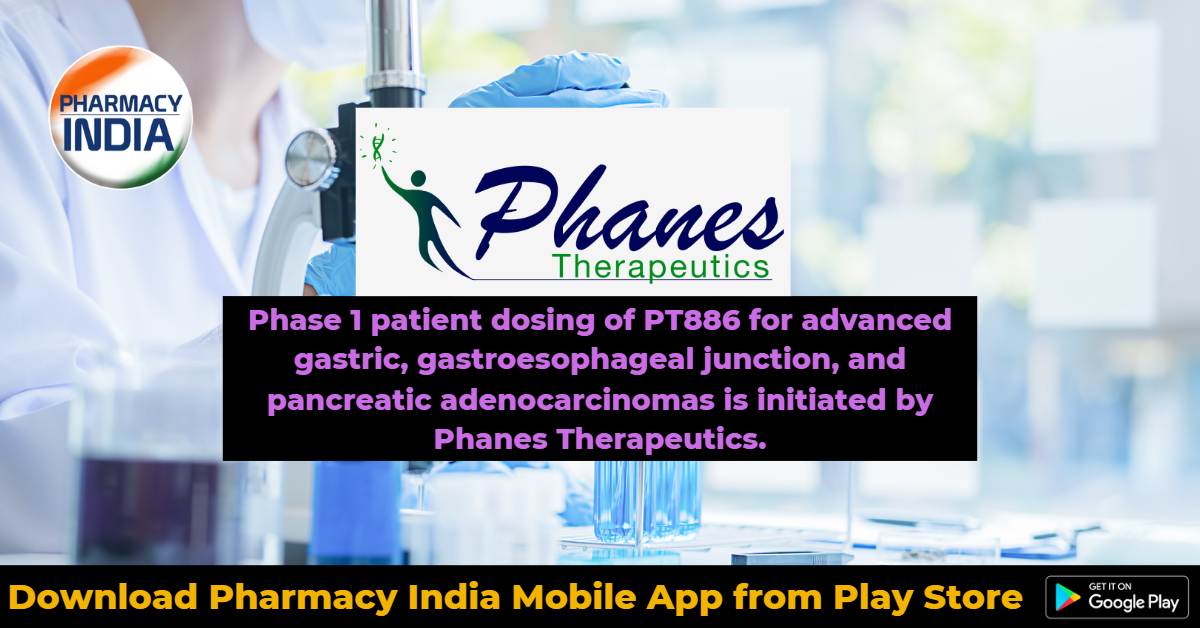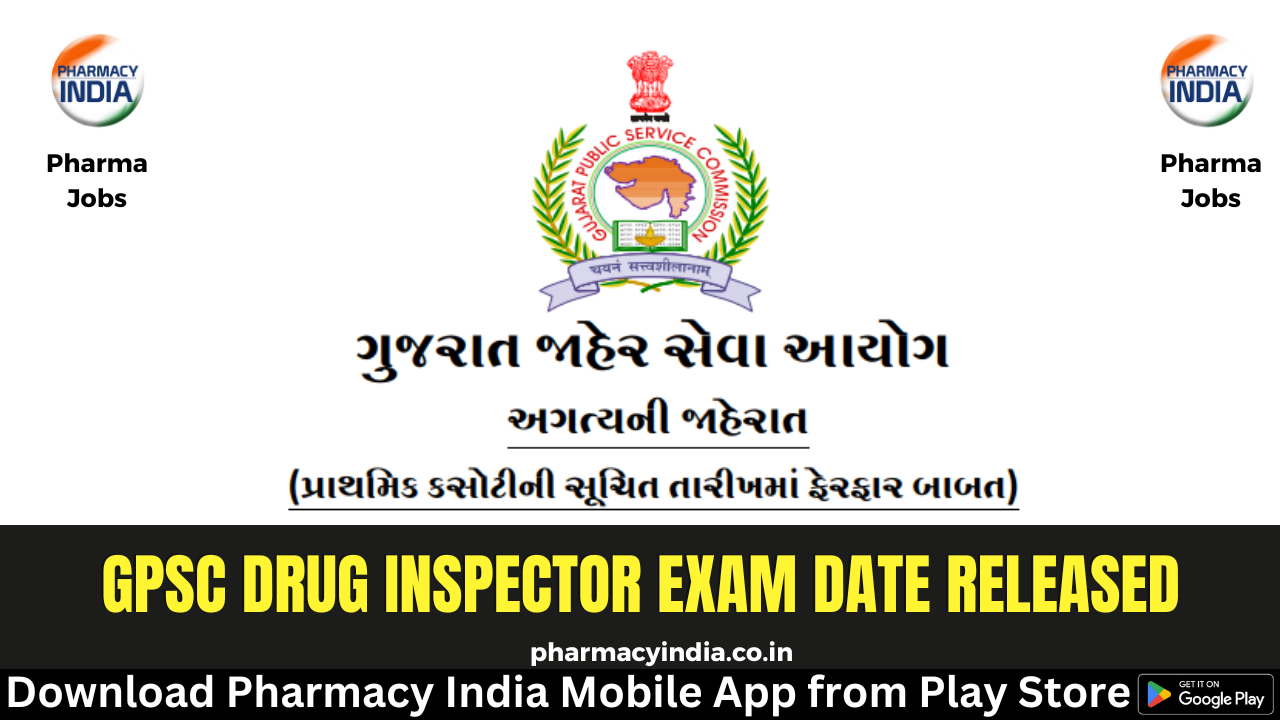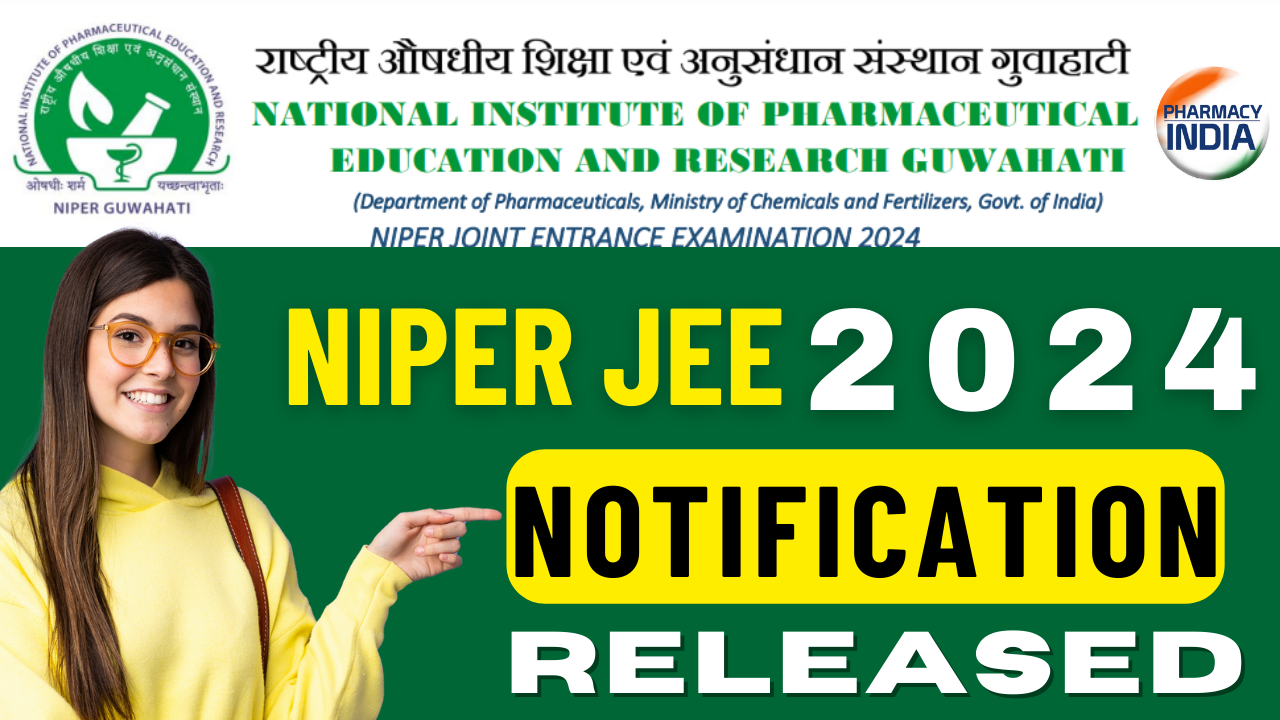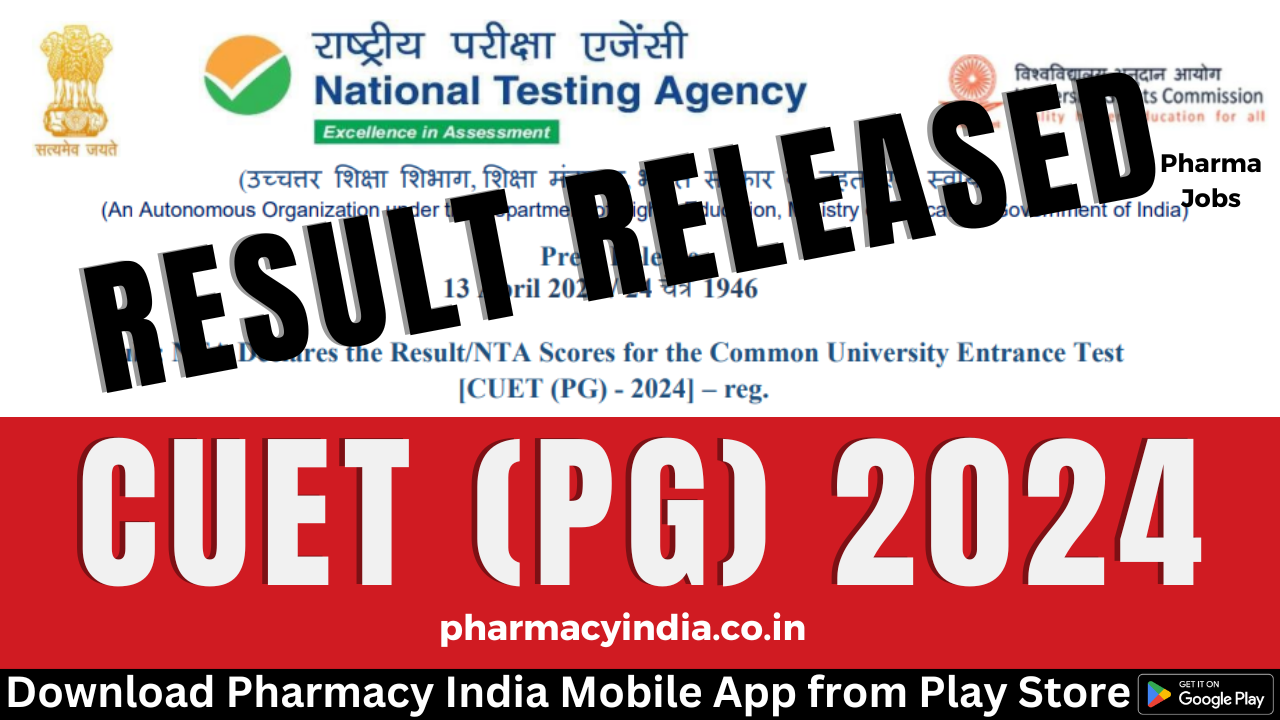First patient dosed in phase 1 clinical study (NCT05482893) of PT886, a first-in-class native IgG-like bispecific antibody (bsAb) targeting claudin 18.2 and CD47 for the treatment of gastric, gastroesophageal junction, and pancreatic adenocarcinomas, according to Phanes Therapeutics, Inc. (Phanes), an emerging leader in innovative discovery research and clinical development in oncology. The FDA last year designated PT886 as an orphan drug (ODD) for the treatment of pancreatic cancer. It was constructed utilising Phanes’ proprietary bispecific antibody platforms PACbody and SPECpair.
The tumor-killing spectrum of PT886 is widened by targeting both claudin 18.2 and CD47, which are overexpressed on the surface of tumour cells, via the ADCP activity of macrophages and the ADCC activity of NK cells. Additionally, PT886 is anticipated to stimulate the adaptive immune system by indirectly activating T cells that kill claudin 18.2 low or negative tumour cells through recognition of tumour neoantigens and induce the presentation of tumour neoantigens by directing tumour cells into phagocytotic antigen presenting cells (APCs). In contrast to its robust binding activity to CD47 on tumour cells, the anti-CD47 arm of PT886 has shown minimal binding to human red blood cells. “Using a best-in-class anti-CD47 arm, PT886 targets a proven tumour associated antigen in claudin 18.2 with increased anti-tumor efficacy and wider tumour killing spectrum. It is the result of Phanes’ brilliant creativity in the creative design of both cutting-edge technologies and unique therapeutic approaches, according to Dr. Ming Wang, founder and CEO of Phanes Therapeutics.
The multi-center phase I clinical trial of PT886 is assessing the safety, tolerability, pharmacokinetics, pharmacodynamics, and preliminary efficacy of PT886 in patients with locally advanced or metastatic gastric, gastroesophageal junction, and pancreatic cancers that have progressed after receiving all currently recommended standard therapy or for which standard therapy has proven to be ineffective, intolerable, or is deemed inappropriate. Those who are at least 18 years old, have quantifiable disease, at least one lesion that can be evaluated for response to treatment using the RECIST 1.1 criteria, sufficient organ function, and an ECOG performance level of 0 to 1, are eligible to enrol in the trial.







